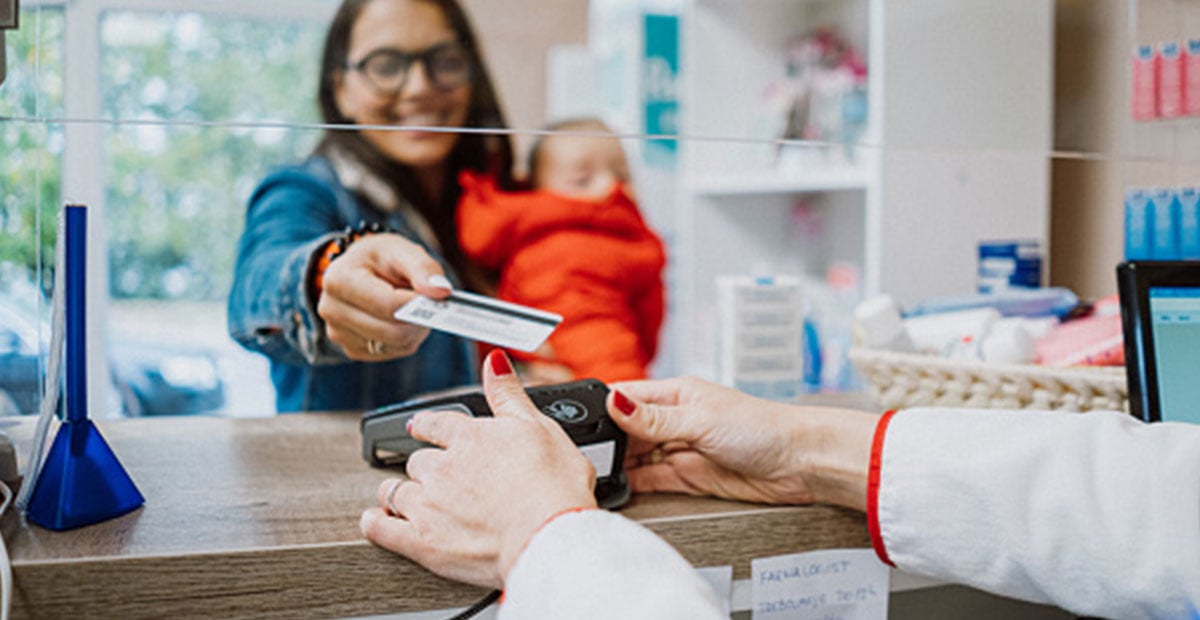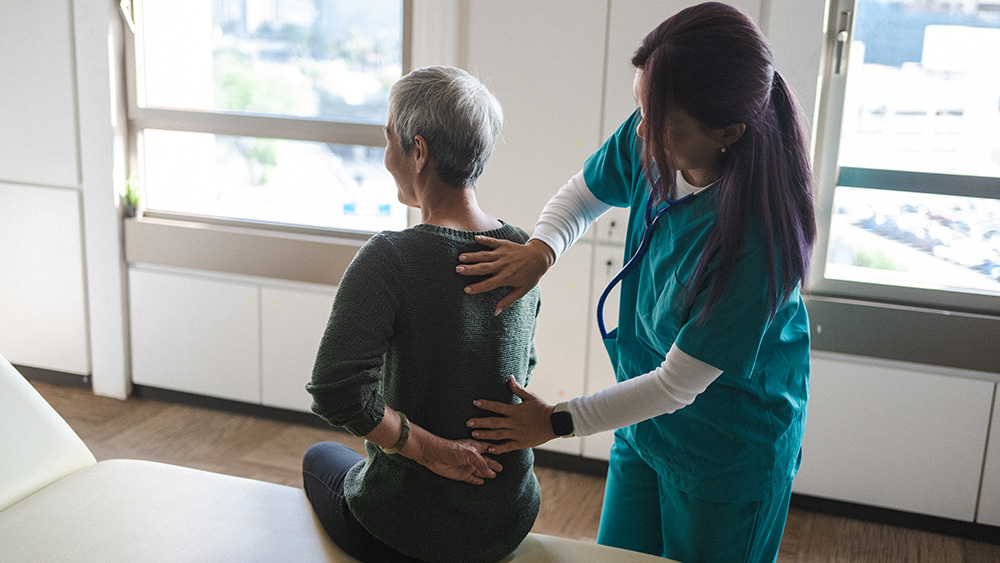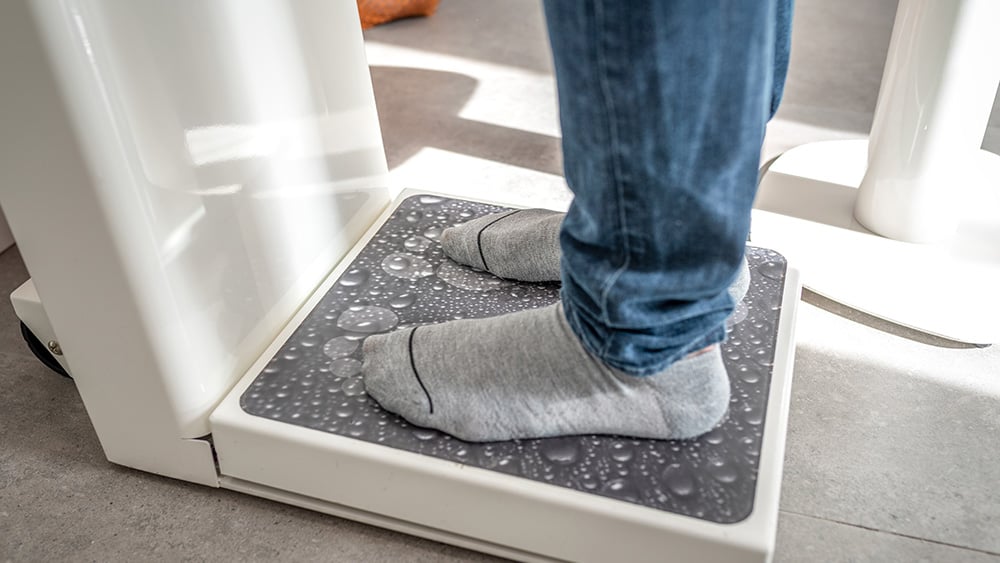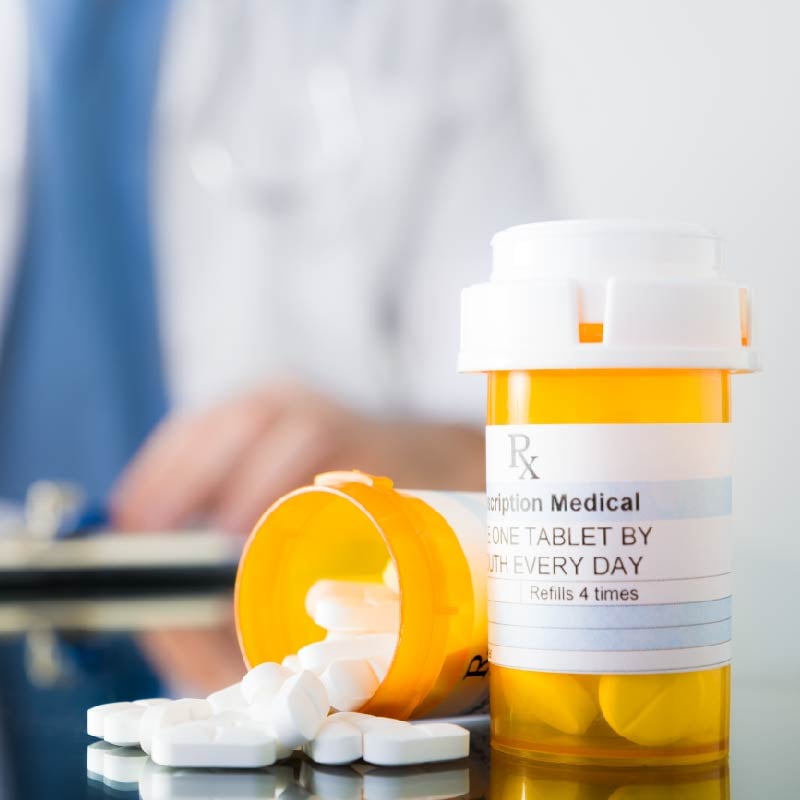Medical laboratory teams collect and perform tests on clinical specimens—blood, urine or other samples obtained from patients—in order to provide healthcare providers with critical insights that help with diagnosis, treatment and health monitoring.
There are a large variety of tests available in clinical laboratories, and many different laboratory professionals play an important role in making sure patient samples are properly collected, handled, stored, tested and reported.
Behind-the-scene Heroes
Laboratory professionals are crucial to our community’s health and play a vital role in taking care of patients. For example over this past year, Rochester Regional Health Laboratories performed over 400,000 COVID-19 tests – providing an essential service in helping reduce the spread of COVID-19 and diagnose those who need care.
Rochester Regional Health Laboratory professionals include 700+ individuals in a variety of roles. Laboratories include the technicians and technologists performing chemistry, hematology, microbiology and transfusion services, but you may not know they also include cytology, histology and pathology, as well as teams responsible for pre-analytic work such as phlebotomists, courier services, and sample management and processing.
Let’s meet the teams that works in our clinical labs and pathology.
Laboratory Technologists and Technicians
Medical Technologists are responsible for performing complex and/or highly specialized tests in various laboratory sections- including chemistry, hematology, microbiology, molecular diagnostics and transfusion services. Testing may be automated (using complex technology and robots), or manual (using test tubes or a microscope). A pathologist who serves as the Laboratory Medical Director supervises Medical Technologists, or clinical laboratory technologists. The Medical Technologists are licensed in New York State and must have a bachelor's degree and pass a national examination. If you are a high school or college student (or know of one) who might be interested in this important profession, Rochester General Hospital has the second oldest accredited Clinical Laboratory Technology Program in the United States (link).
Medical Laboratory Technicians perform routine tests in many areas of a clinical lab, under the supervision of medical technologists. these technicians generally have a two year degree and a New York State license after passing a national examination. A two year accredited program is completed and passing of a national examination
Research & Development Technologists work with researchers to assist with analysis, model and prototype building, reports, and experiments. They are responsible for keeping an accurate record of all processes and upholding standards and regulations.
Lab Assistants provide support to the technicians and technologists in organizing incoming samples for testing. They also become experts in inventory control and processes to maximize efficiencies in the laboratory.
Pathology Team
Pathologists are medical doctors with residency training and board certification in Clinical and/or Anatomic Pathology; many also have fellowship training in one or more subspecialty areas. Clinical Pathologists oversee testing in various laboratory sections, such as chemistry, hematology, microbiology, molecular diagnostics and the blood bank. Anatomic Pathologists diagnose patient samples in surgical pathology (tissue samples) and cytopathology (cellular samples); anatomic pathologists also perform autopsies. Pathologists serve as consultants to primary care providers, surgeons, oncologists and many other specialists to help interpret laboratory and pathology findings and arrive at the diagnoses which then guide further patient management.
Pathologist Assistants are master's level licensed professionals responsible for the examination and dissection of tissue samples. Nearly all tissues removed from a patient- whether a small biopsy or a large mass- must be send to Pathology for examination. Pathologist Assistants use their anatomy and dissection skills and knowledge of disease states to carefully select the tissue samples which will then be processed by histotechnologists and used by pathologists to render a final diagnosis. Pathologist Assistants work collaboratively with pathologists and sometimes also assist with autopsies.
Cytotechnologists are master's level licensed professionals responsible for preparing and examining cellular (also called cytologic) samples under a microscope. Common cytologic specimens include Pap tests (used to screen women for HPV infection and cervical cancer), bronchoscopy specimens (used to screen individuals for lung cancer), fine needle aspirations and fluid samples from many different body sites. Cytotechnologists look for signs of cancer, infection and other diseases by recognizing changes in individual cells. Cytotechnologists work collaboratively with pathologists.
Histotechnologists are licensed professionals who specialize in the preparation of tissue sections on glass slides which are then used by pathologists to diagnosis disease. They process various types of tissue samples, cut thin tissue sections using a tool called microtome, precisely place these thin sections (thinner than the diameter of a red blood cell) on a glass slide, then stain the slides so that the tissue sections are visible under a microscope.
Sample Collection & Management
Phlebotomists interact directly with patients. Phlebotomists specialize in drawing blood samples; they may also assist with other types of sample collection (eg. urine samples or nasal swabs) needed for laboratory testing. Rochester Regional Health phlebotomists perform these services in both community Patient Service Centers across a four county region as well as in two of our hospitals.
Mobile Phlebotomists are phlebotomists who travel to the patient to perform blood draws - including patient homes, assisted living and nursing home facilities. These services are provided for patients unable to leave their homes due to a recent surgery or other short-term condition as well as those requiring long-term services due to chronic illness or disability.
Specimen Management Technicians are responsible for preparing laboratory and pathology samples for testing, ensuring samples are accurately labelled with all required patient identifiers, accurately registered in the lab or pathology computer system and reach the appropriate testing department in a timely manner.
Materials Management Technicians organize, track and deliver supplies that are vital to the success of laboratory and pathology operations. They ensure all locations are fully stocked and prepared for the next patient or patient sample at all times.
Logistics & Process Management
Lab Couriers bring various types of patient samples from a doctor’s office, blood draw location or other procedure site to both the clinical laboratory and pathology for testing. They are responsible for keeping all samples organized and safe as they are transported from one location to the other.
Pathology Office Staff -respond to inquiries from surgeons, oncologists, other providers and their office staffs and assist the pathologists in final report creation. They are also responsible for tracking and managing pathology specimens and reports send to reference laboratories for additional testing and other institutions where patients are being seen for consultations.
Lab Reference and Report Specialists are liaisons between Rochester Regional Health laboratories and external reference laboratories. They are responsible for monitoring the status of laboratory samples collected by Rochester Regional Health but sent to reference laboratories for testing.
Other Roles
Client Service and Problem Resolution Specialists work as customer service professionals, answering questions and resolving issues related to samples that we collect and test.
Dieners, or Autopsy Prosectors, assist with the performance of autopsies and the maintenance of morgues.
Rochester Regional Health has many openings for roles on our laboratory team. Browse open positions and apply today.








